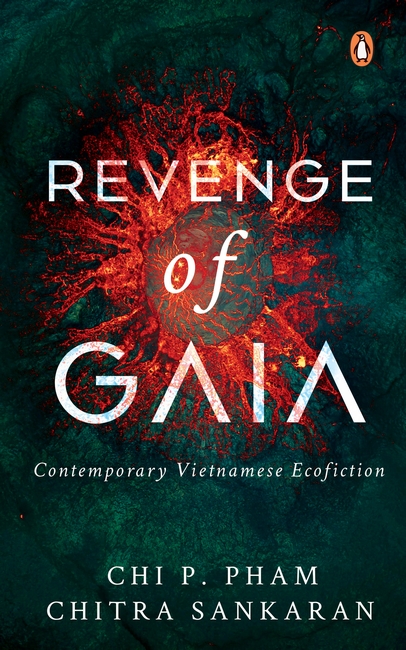
Vietnamese literature, officially an ideological state instrument of nation-building, eulogizes acts that celebrate the victory and the power of human beings over the natural world. Generations of Vietnamese have been taught in school that Vietnam has ‘forests of gold’ and ‘seas of silver’ as well as fertile land. Vietnamese literary works, whether about the non-human or the human world, potentially reflect and resonate to these political orientations in environmental policies that ultimately serve the path to ‘progress’, ‘development’ and ‘modernisation’ of the nation.
The fiction chosen for this collection have been in active circulation in Vietnam since 1986, ‘The Reform Year’, when Vietnamese artists and writers were politically and culturally ‘liberated’ and engaged with great commitment in criticizing, among other things, the government’s environmental policies and ways in which these were enmeshed in economic strategies and schemes for so-called national progress. Thus, modernization and industrialization that were the chosen paths of the postcolonial Vietnamese government, become the major targets of contemporary Vietnamese ecofiction.
All these stories, extremely contemporary, emphasise a counter-narrative that challenges socialist goals of development and modernisation. They articulate and affirm a more holistic vision, where man is no longer a predator but a participant of nature. These stories therefore are politically charged and pave the path for a more visionary future.
Published: Sep/2021
ISBN: 9789814954822
Length: 176 Pages